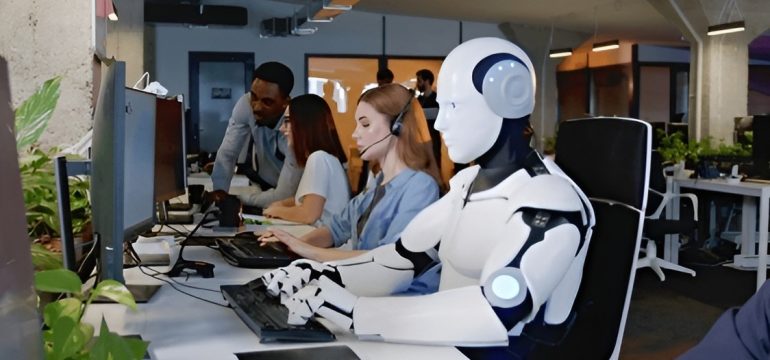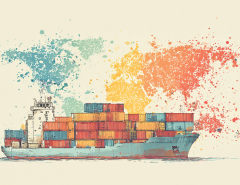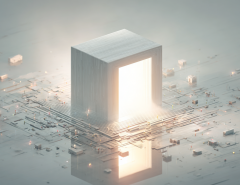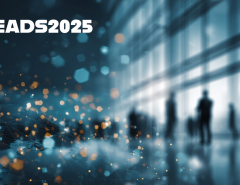India stands at a pivotal juncture in its economic and technological evolution. As the global economy transitions from Industry 4.0 to Industry 5.0 marked by innovation and automation the need to equip workforce with next generation skills has never been more urgent. This Thought Leadership (TL) offers a strategic roadmap for India to harness the potential of its demographic dividend, digital infrastructure and policy momentum to become a global leader in the AI-driven economy. It has been prepared through a combination of extensive secondary research and primary interviews with industry experts, ensuring both data-driven insights and practical perspectives.
Catalysed by rapid advancements in Artificial Intelligence (AI) and emerging technologies, the global economy is on the cusp of a tectonic shift. The very fabric of employment, productivity, and skills is being rewoven at an unprecedented pace. For India, this is not just a wake-up call— it is a moment of strategic opportunity. The World Economic Forum Report 2025 highlights that over 85 million jobs may be displaced by a shift in the division of labour between humans and machines, but 97 million new roles could emerge—underscoring a future of net-positive job growth, if we act with foresight. AI-related roles—such as data analysts, machine learning specialists, and digital transformation experts—are rapidly climbing the list of most in-demand jobs, while routine roles face significant disruption.
India stands uniquely positioned. With the world’s largest youth population, a robust Digital Public Infrastructure (DPI), and a thriving innovation ecosystem, we are well-placed to lead the global skilling revolution. However, this promise can only be realised through bold, inclusive, and forward-looking policy and action. India is expected to face a shortfall of over 1 million AI-skilled professionals by 2027, even as global AI job postings have surged by 21 percent annually since 2019, with wages rising 11 percent each year. As highlighted in FICCI-KPMG report on ‘Next-Gen Skills for a Global Workforce: Enabling Youth and Empowering Economy’, strategic interventions are imperative to harness this demand—both for our domestic growth and to position India as the global epicenter of digitally skilled talent.
The report arrives at a critical juncture as it thoughtfully outlines the disruptive nature of AI on workforce structures and provides an actionable roadmap to enable India’s transition to an AI-integrated economy. From sector-specific skill frameworks and ITI modernization to ethical AI adoption and global talent mobility, it maps the contours of this transformation in depth and offers actionable recommendations across governance, education, reskilling, and global talent mobility. It also highlights the importance of building an AI-literate workforce, reimagining Industrial Training Institutes (ITIs), fostering ethical AI standards, and localizing skilling efforts to bridge regional disparities.
The global transition from Industry 4.0 to Industry 5.0 marks a paradigm shifts from automation-driven efficiency to human-centric, sustainable innovation. While Industry 4.0 focused on robotics, IoT, and cyber-physical systems, Industry 5.0 emphasises co-creation between humans and intelligent machines, inclusive innovation, and resilience. This evolution demands not just digital fluency but also emotional intelligence, ethics, and adaptability across the workforce. This next phase reimagines the workforce not just as factor in production but as co-pilot in intelligence driven systems. As the pace of AI adoption accelerates, workforce transformation is longer optional, it is fundamental to economic competitiveness.
India’s demographic advantage, digital infrastructure and entrepreneurial spirit positions, it uniquely to lead the global AI transformation. However, this potential can be optimally realised through inclusive, adaptive and ethically grounded workforce strategies. By embedding AI fluency and ethical awareness across its skilling ecosystem, India can transform disruption into opportunity and emerge as a global thought leader in the AI economy.






Leave a Reply